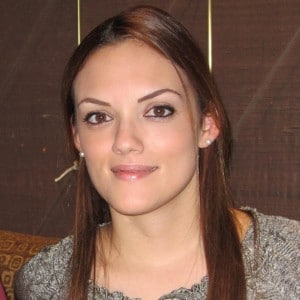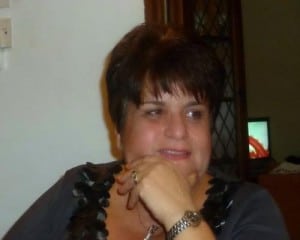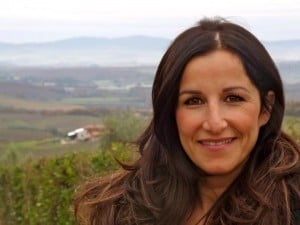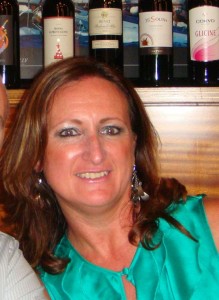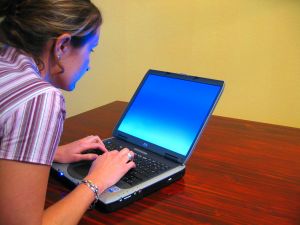
A Facebook election?
As the source of where we get our news shifts from the mainstream media to the social media, Josanne Cassar asks a few people* how much of an impact Facebook made in this election, and whether it influenced their decision.
*(An attempt was made to get a wider cross-section of voters to give their views, but these were the answers which were received to date. If more answers come in, they will be uploaded accordingly)
Rupert Cefai
“The social media were a determining factor these last few years and I think it shaped interpretation of events for sure. It was a sort of buffer between what the politicians said and personal opinion.
People felt empowered with what they felt and thought, because they knew that others felt the same, so what politicians said during campaign did not impress them. I think the collective opinion of individual users gave strength to one’s personal opinion.”
“I do believe that social media played a crucial role but during the past 9 weeks I kept thinking about the fact that my Facebook ‘news’ was predominantly Labour as I have so many Labour-leaning friends. Had I had more PN-leaning friends would my outlook have been the same?”
George Papagiorcopulo
 “I have absolutely no doubt that social networking sites had a “massive” impact on the result of this election. Let me put it differently, had you asked me, “on a scale of 1-10, what impact the leaflets – delivered as junk mail – had on the resluts of the last general election”, I’d have said, “2” (purely out of respect for our elders in our community, plus a few others who have not yet been introduced to the world wide web). When it comes to social media, I’d answer with a “8.5++”, and that’s being conservative.
“I have absolutely no doubt that social networking sites had a “massive” impact on the result of this election. Let me put it differently, had you asked me, “on a scale of 1-10, what impact the leaflets – delivered as junk mail – had on the resluts of the last general election”, I’d have said, “2” (purely out of respect for our elders in our community, plus a few others who have not yet been introduced to the world wide web). When it comes to social media, I’d answer with a “8.5++”, and that’s being conservative.Anyone younger than 21 or 22 will probably have depended only exclusively on social media (FB, youtube, twitter, blogs) – not only that, but they were probably actively posting comments and jibes and re-hashed slides of billboards and pics etc. Those in the 25-45+ bracket (which includes me), would have been been expressing their opinion or criticising, or simply silently reading/following wall posts, clips, pics and other goings-on, on all things election-related.
If I may add a negative comment on all this, I thought it very silly and inappropriate for candidates making announcements that they were appearing on this or that radio or TV station – I believe social media are meant for engaging with people, not throwing cheap promos at them. Watch out – FB and other social media WILL CONTINUE TO BITE – even into the new Government. No one will be let off. Politicians should take heed, thay’ve ALL underestimated its power.”
“FB was used by the parties and even more by individual candidates to make themselves known and garner some sort of support. But possibly the parties used it even more to get the feel on the ground. I’m sure certain reactions on FB led to some minor changes in electoral programmes. Even if these were really minor they did come as a direct response to what people were saying. You can get the feeling on the ground through house visits and such but on FB you can read hundreds of opinions in less than 30 minutes – it’s fast, economical (in terms of time and money) and it is representative of a large cross section.
Then of course there was the element of immediacy. FB can even beat the news portals. All you have to do is write something, post it and you are reaching thousands in a matter of seconds through likes and shares. It’s just one person without the need of going through any sort of editing or moderation. One picture can reach thousands in a matter of a couple of hours – with no expense whatsoever, except for the time invested.”
 Emma Calleja (based in Switzerland)
Emma Calleja (based in Switzerland)
“Well, from what I’ve seen or heard, the role the social media played had little to do with what was posted by the campaigners but more to do with the electorate itself. Through Facebook, most of us were exposed to details or stories about the campaign we would have never uncovered unless we’re active newspaper followers. We had a “personal experience” with those contesting the election and even with those around them that helped us understand more the personality of the party.
It was also a one-stop shop for all relevant comments and retaliations, making it easier for most of us to compare and contrast the candidates contesting our election. The rift between proposals and propaganda was very clear, at least from the content on my news feed, which I challenged, got removed as Facebook friend for and also quoted in times of debate. The social media were a determining factor in this election and the end message was that it shouldn’t be taken lightly.”
“The social media did impact me personally. I wasn’t following much on radio or because my husband had had enough and refused to watch anything political anymore, so I was getting my dose online. One thing that really affected me was the arrogant, superior attitude of certain people affiliated with the PN who would start certain threads and you can imagine the venom in the comments.
I hardly saw newspapers so the articles I read were ONLY the ones shared by others on FB. Had it not been for FB, I wouldn’t have read them. And every time I went to my mother’s house we would exchange views, “did you see this or that on FB?”
I know a lot of people who did not dare comment or like anything politically-related on FB because most of their colleagues vote PN and spoke openly against PL, so they had to keep their mouth shut.
The more I read, the more I convinced myself that I’m on the right side of history by voting PL. ”
“As many have commented already, one may have tended to vote for the same party as their majority of FB friends, who are most likely to be real-life friends anyway. However, those who, like me, have a proportional rate of friends on either side had a chance to read between the lines and gain an objective perspective.
Having said this, the actual actions/behaviour of both political parties shaped my opinion many months ago even before the campaign started.”


